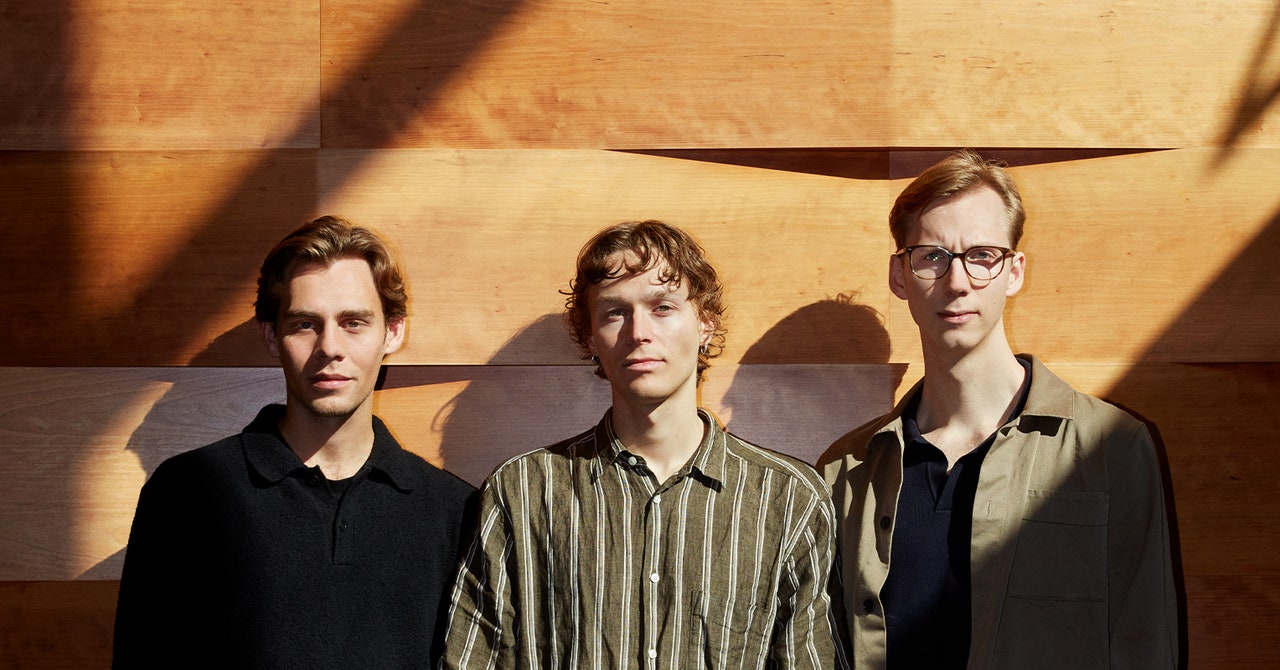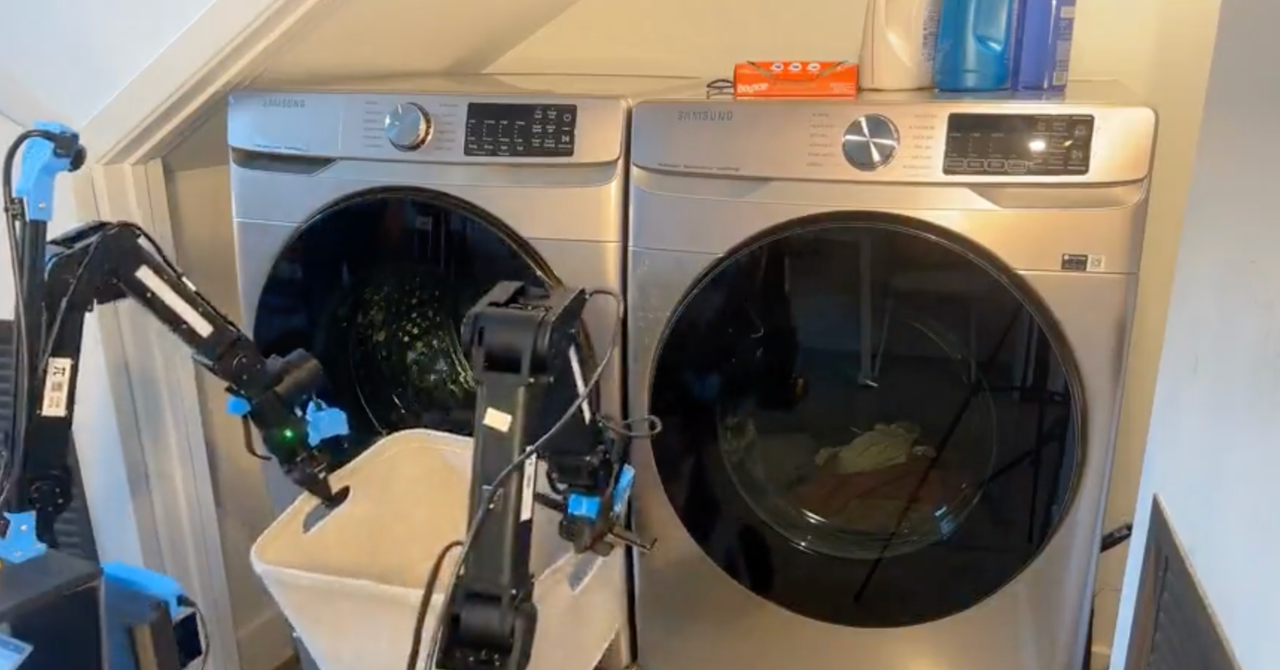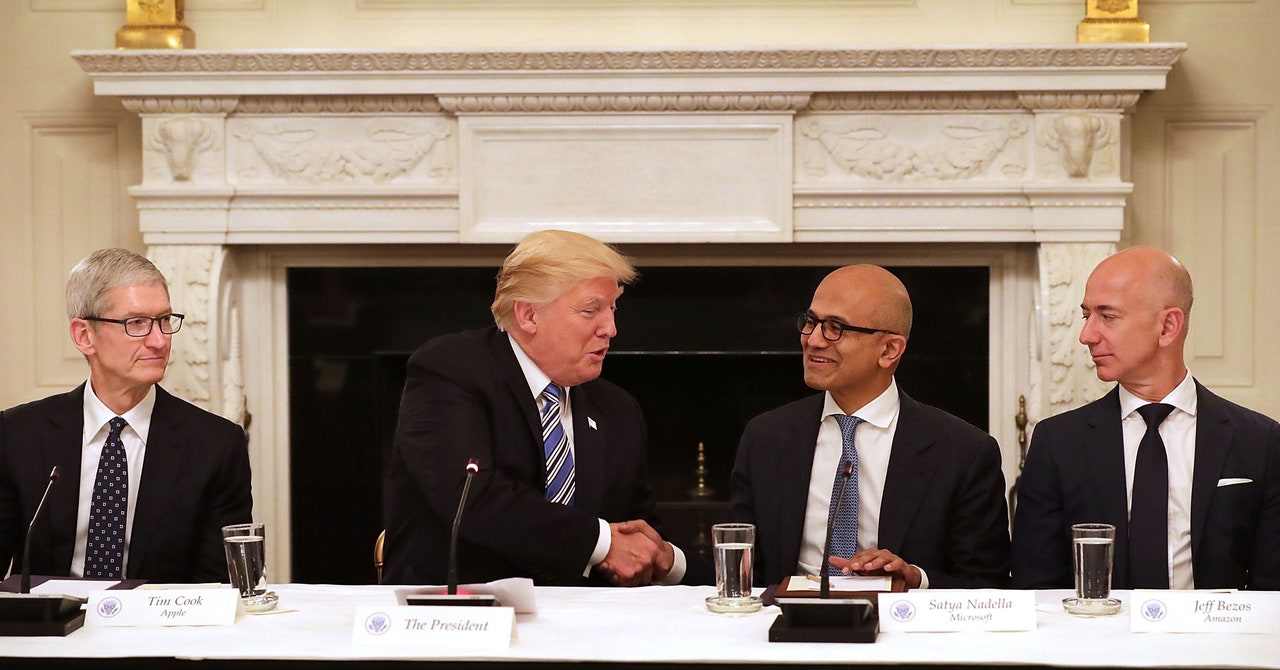Why Stockholm, a capital with a population of less than 1 million, home to global brands such as Skype, Spotify, Klarna and Minecraft? “I think it has to do with the Swedish belief,” says Ben Elias, CEO of body care brand Estrid. “This is a nation that emphasized high-quality education and invested heavily in telecommunications infrastructure in the 1990s, so we all grew up with high-speed Internet.”
Many also credit the welfare system as acting as a “safety net” for entrepreneurship. “It allows people to take high risk and start companies without needing to be too afraid of downsides,” says Max Junstrand, CEO of legal tech startup Leya. In fact, Sweden has already produced more unicorns per capita than any other country in Europe, with the exception of Estonia, which has earned a reputation as Europe’s Silicon Valley. “Stockholm has a really unique ecosystem where you can stand on the shoulders of giants,” says Colin Tresseler, CEO of Supernormal. “They’ve invested an incredible amount of resources into the talent here, creating a critical mass of engineers, designers and product thinkers who are exceptional at their craft.”
Estrid
At a dinner party one day, Amanda Westerbohm admitted to her friends that she preferred to use men’s razors. Surprisingly, many of her friends did too – not only did they offer a better shave, but they were also cheaper. With the help of co-founders Alan Egan and Ben Elias, Westerbom decided to change that in 2019 as well. launch the Estrid razor brand. “We designed the handle ourselves, bought a €500 3D printer from a hardware store and started iterating,” says Ben Elias, CEO of Estrid. “This thing printed hundreds of handles, working day and night. It ended up almost burning down my house because it was under high voltage. The result is a five-blade razor with a vegan hydration strip and an ergonomically weighted handle, which the company now supplies to over one million subscribers across Europe. “We are dethroning one of the most dominant consumer monopolies of the modern era, becoming a next-generation, all-in-one personal care brand. A next-generation Dove, if you will.” estrid.com
Atlar
Joel Wegmark, Johannes Elg and Joel Nordström met while working at fintech startup Tink, which in 2022. was purchased by Visa for $2.2 billion. “We’ve seen firsthand how quickly consumer fintech is changing,” says Nordström. “But the equivalent financial instruments for business simply did not exist. Finance teams in the majority of companies use a combination of Excel, online banking portals and legacy systems from the 1980s and 1990s. It’s very manual work.” Atlar, the cash management platform for businesses that Wägmark, Elgh and Nordström launched in 2022, eliminates this complexity by automating payments for businesses with multiple bank accounts across Europe. “We connect directly with traditional banks and provide faster, more UX-friendly tools to manage cash, forecast cash flow and make payments,” says Nordström. With more than 35 customers in 10 countries, including the US, UK, France and Germany, Atlar has raised €13 million from investors including Index Ventures and General Catalyst. atlar.com
Leia
Leya has developed a GenAI platform that automates repetitive and manual tasks performed by lawyers. “We have seen first-hand how lawyers struggle with textual and administrative tasks such as filling out templates and extracting information from large numbers of documents,” says CEO Max Junstrand. “We want every lawyer to be empowered by AI in their work to achieve more.” The startup – a graduate of Y Combinator – was founded in 2023. by Max Junestrand, August Erseus and Sigge Labor. In July 2024 they announced a $25 million Series A round led by US VC Redpoint Ventures, with a total of $36 million in funds raised. They have over 100 clients in 10 markets across Europe, including UK firm Bird & Bird, the largest law firm in the Nordics, Mannheimer Swartling and Spanish law firm Pérez-Llorca. “We are focused on solving specific legal tasks,” says Junstrand. “This sets us apart from the crowd where the focus is more on providing a platform with general LLM capabilities.” leya.law
Lovely
Anton Osika, founder and CEO of Lovable, is on a mission to create what he calls “the ultimate piece of software.” “We made an AI that creates software,” he says. “We launched Lovable to allow everyone to have the same capabilities that product development teams at tech companies have at their fingertips.” Lovable’s product, GPT Engineer, allows users to build websites and web applications through a simple interface to chat. “Unlike other AI tools that can code, which can take hours to generate results, Lovable gives people immediate feedback and allows for rapid iteration,” Osika says. Launched in 2023, the startup currently has more than 2,000 users and a waiting list of 27,000 people from over 154 countries. Lovable has closed a $7.5 million pre-seed funding round led by VC Hummingbird and co-founders. Also backed by investors including Mattias Miksche, Shopify’s Siavash Ghorbani, Voi’s Fredrik Hjelm and Creandum co-founder Stefan Lindeberg. “One user created a real-time dashboard for financial data, just by prompting,” Osika says. “She decided to quit her job to build startups with AI tools instead.” loveable.dev
H2 Green steel
In January 2024 cleantech startup H2 Green Steel has raised €4.75 billion to complete its flagship project in Boden, a city in northern Sweden: the world’s first large-scale green steel plant. Due to its dependence on coal, standard steel production is responsible for up to 9 percent of global carbon dioxide emissions. Founded in 2020, H2 Green Steel aims to decarbonize steel production by using hydrogen gas, which produces water vapor rather than carbon dioxide. The Boden plant is due to start producing iron by 2026. and is expected to deliver about 5 million metric tons of metal by 2030. Customers include car manufacturers BMW, Porsche and Volvo. h2greensteel.com
Super normal
Fabian Perez and Colin Tresseler spent weeks brainstorming ideas before creating their startup Supernormal. “Technology should give superpowers to knowledge workers,” Tresseler says. “We took inspiration from our previous teams at GitHub and Meta, where one of the core operating principles was that if a meeting isn’t documented, it doesn’t exist.” Supernormal helps workers before, during, and after meetings with tools ranging from automatic note taking to detailed agenda sharing and meeting insights. More than 325,000 customers use the software, including Red Hat, Motorola, Harvard University, Salesforce, Power Digital and Forbes. They raised a seed round of $10 million led by Balderton Capital. supernormal.com
A fever
Fever develops virtual power plants (VPPs) – pools of distributed energy resources, such as solar panels or batteries, that can be used to send power to the electricity grid. “VPP is just like a traditional power plant,” says Clas Johansson, CEO of Fever Energy. “A great example would be a fleet of electric vehicles that can dump energy back into the grid.” Founded in 2022 by Claes Johansson, Jonathon Raber, Ruben Flamm and Ron Stollero, in February 2024, it raised a €10 million seed round led by General Catalyst with participation from Norrsken VC and La Famiglia. The startup can’t reveal the names of its customers, but says it already works with major utility companies and electric car manufacturers. fever. energy
Hello
From its launch in 2023. nearly 5,000 people have visited Neko’s health center in Stockholm. Inside the clinic, they underwent a $230 non-invasive full-body scan in less than an hour, which checked for signs of potential skin, metabolic and cardiovascular disease. According to the company, the scan identified potentially serious conditions in 1% of this cohort, including aortic aneurysms, severe diabetes and skin cancer. Launched by Spotify founder Daniel Ek and Hjalmar Nilsson, the health tech startup has raised €60 million from investors including Atomico, General Catalyst and Lakestar. A new Neko Health Center is about to open in London. nekohealth.com
Evroc
Founded in 2022 by Mattias Åström, Andreas Birnik and Andreas Jönsson, Evroc launches stealth in 2023. with €13 million in funding from backers such as EQT Ventures and Norrsken VC. In August 2024 it raised another 42 million euros. The mission? To build a sustainable hyperscale cloud in Europe. “Unfortunately, Europe has lagged behind in cloud services, and American players currently control more than 80 percent of the total cloud market,” says Åström. “We founded Evroc to end this foreign dominance.” Construction of their flagship data center in Arlandastad will begin in late 2024. “We will also be looking for suitable locations for our own data centers in France and Germany,” says Åström. “By 2030 we expect to have a network of 10 hyperscale data centers across Europe.” evroc.com
PaperShell
In May 2024 the Italian furniture designer Arper released a new edition of the Catifa 53 office chair. The original is made of leather, metal and plastic; the new version uses, instead, a sustainable composite biomaterial made from kraft paper and resins that is as strong as composite fibers and as weatherproof as plastic. This wood substitute was invented by PaperShell, a company founded in 2021. by Anders Breitholz and Mathieu Gustafsson. The material is not only completely fossil-free, but can also be converted into biochar at the end of its life cycle. The company has raised 13.3 million euros. papershell.se




